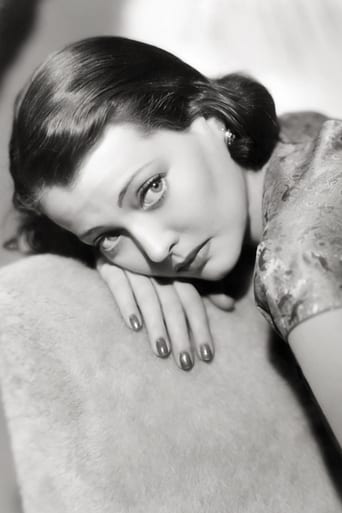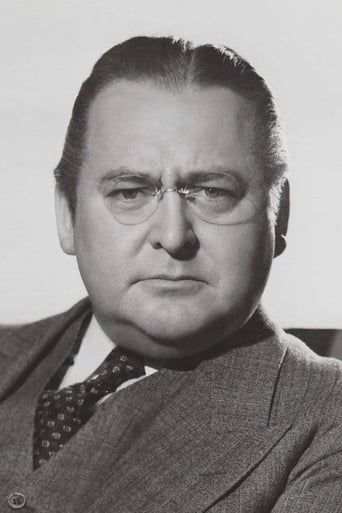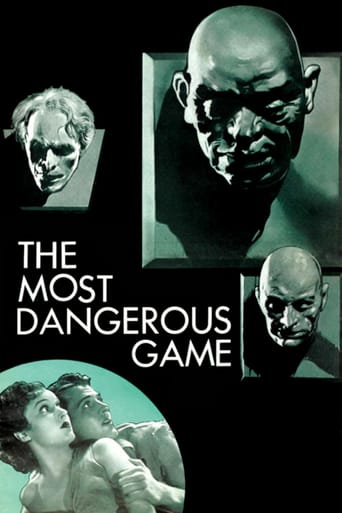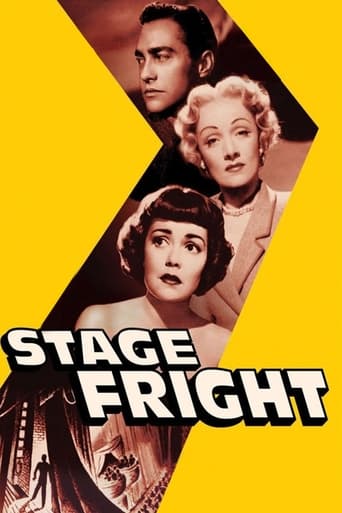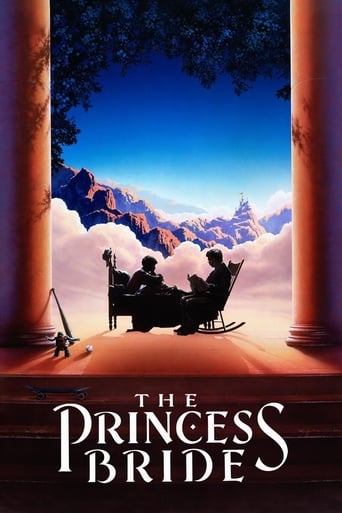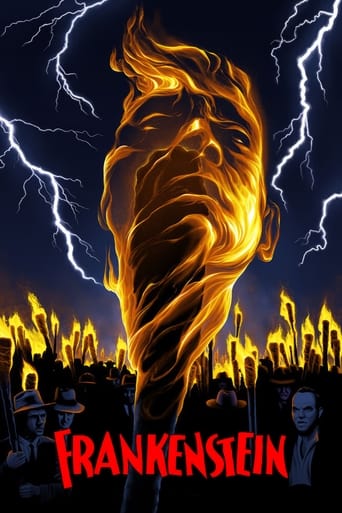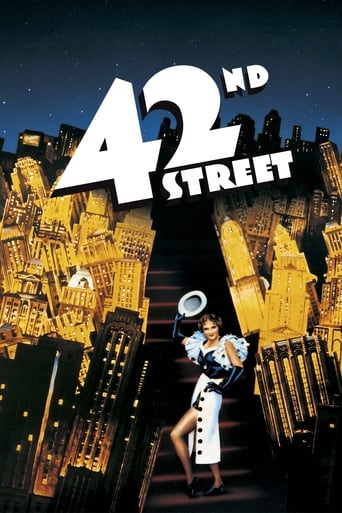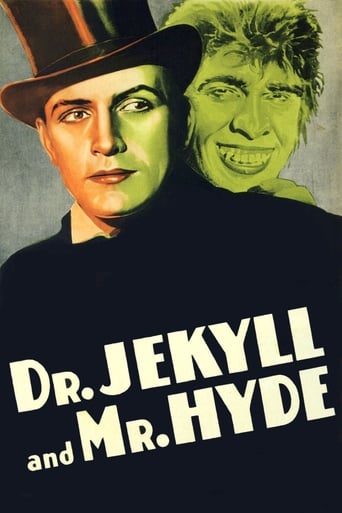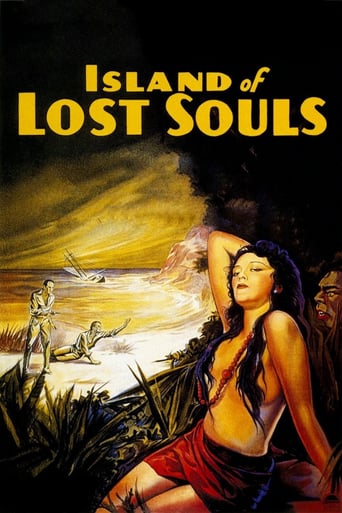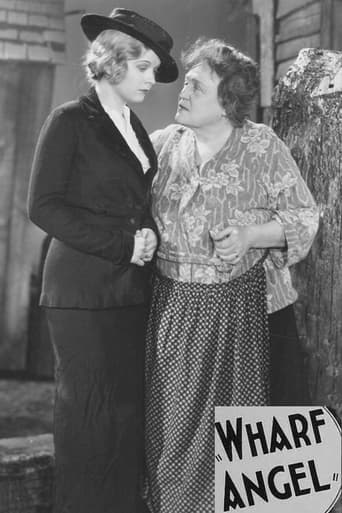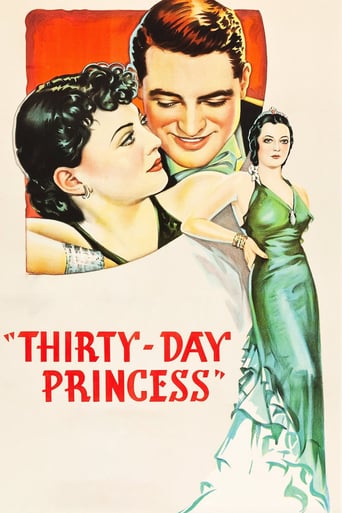
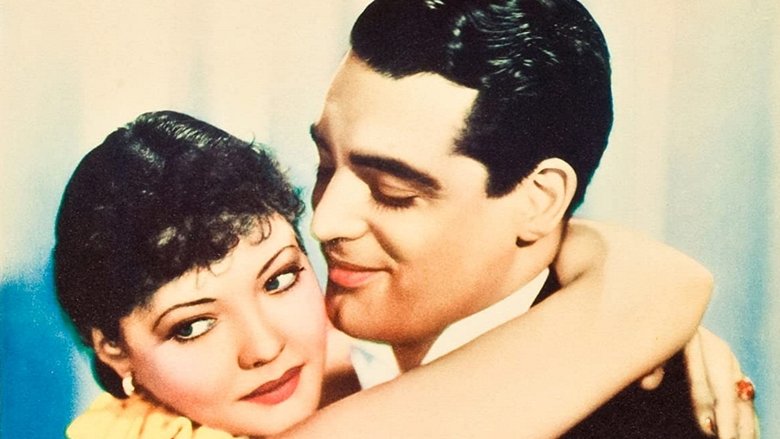
Thirty Day Princess (1934)
A European princess arrives in New York City to secure a much-needed loan for her country. She contracts the mumps, and an actress who looks exactly like her is hired to impersonate her.
Watch Trailer
Cast
Similar titles
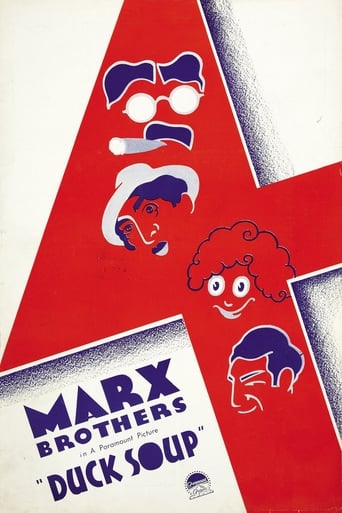
Reviews
Simply A Masterpiece
Good start, but then it gets ruined
As Good As It Gets
Strong acting helps the film overcome an uncertain premise and create characters that hold our attention absolutely.
Sylvia Sidney stars with Cary Grant in Thirty Day Princess, a 1934 film directed by Marion Gering with a script by Preston Sturges and others. The movie also features Edward Arnold and Henry Stephenson.Arnold plays Richard Gresham, a banker who wants to float a $50 million loan to the small country of Taronia, but in order to have the public look favorably upon it, he wants the King's daughter, Princess Catterina (Sidney), to do a tour of the United States, talk about her country, and get the press to like her. Unfortunately, when Catterina arrives, she comes down with the mumps and will be out of commission for a month. Gresham launches a search for a lookalike and eventually hires a poverty-stricken actress, Nancy Lane (Sidney) for the role. At her first reception, Nancy meets Gresham's nemesis, newspaper publisher Porter Madison III, who is against the loan. Do I have to tell you what happens? Right, he and Nancy fall for one another.Very cute, light comedy with this unusual romantic and dual role for Sidney, who for some reason played poor women a lot. My generation knew Sidney as an older and old woman, and Sidney was one who didn't seem to fool around with plastic surgery. Her distinctive smoker's voice and her wonderful acting lifted many a TV show. Here, in some scenes, she actually reminds me of Gene Tierney! She looks lovely and wears the princess' gowns beautifully.Sidney plays well with the handsome (and also very young) Grant, who was her costar in Madam Butterfly. Grant's iconic persona was not yet developed; for a time, he had the usual leading man roles. He acquits himself beautifully. Entertainment Weekly named him the #7 greatest film star of all time. To me, he was, and always will be, #1. Few actors had the longevity of popularity and good taste in roles and films he chose to do, and no one had his style.Very enjoyable film, and great to see these stars so young and fresh.
This is a sweet little fantasy film that you will thoroughly enjoy provided you don't question the plot. Of course the idea of a princess having an exact double who can perfectly pretend to be her is a bit silly, but my advice is to just accept this and enjoy this nice little romantic film.The film begins in a tiny fictional kingdom in Europe. A rich banker, Edward Arnold, meets the king (Henry Stephenson) and they talk about possibly selling some bonds to allow the kingdom to modernize--bring electricity and other modern things to the common people. Arnold likes the idea and wants the king to come back with him to America to go on a publicity tour to drum up support for the bonds. However, the king is hesitant and sends his daughter (Sylvia Sidney) instead. Unfortunately, shortly after arriving, the Princess becomes ill and is quarantined. The bond drive is no longer possible and it looks like the business deal will fail. However, when an exact double (who is supposed to be a struggling actress--also played by Sidney) is discovered, she is convinced to pretend to be the Princess. The biggest obstacle still in the way is a newspaper owner (Cary Grant) who dislikes Arnold, so it's not only up to the actress to play the part but win over cynical Grant to her side. While this isn't all that hard, what is she to eventually tell him? After all, they have fallen in love.The film is exceptionally directed and the script gets the most out of the plot. Additionally, I really enjoyed Miss Sidney's performance--she made the film. As for Grant and Arnold, they are also terrific. While I always love Stephenson in films, I must admit that he had trouble with the accent--but this is the most minor of qualms. Overall, a delightful romantic comedy with strong elements of fantasy. You can't help but like it once you accept its rather odd premise.
A thoroughly winning little depression-era romantic comedy, THIRTY DAY PRINCESS manages to turn it's fairly routine storyline into a fresh and engaging picture that entertains throughout it's entire runtime. The plot has the Princess of the imaginary country Taronia (Sylvia Sidney) touring the US as an ambassador for her financially struggling country, with the hope of securing a major loan from the US. Upon arrival, our unfortunate Princess is stricken with the mumps, and is replaced by a look-alike actress (also played by Sidney), who doubles the ill Princess until she filly recovers. Complicating matters, however, is an ambitious news executive (Cary Grant), who is skeptical of the US approving such a large loan and wants to get to know out titular princess first hand.As evidenced by the summary above, the film's plot was flimsy and formulaic even by the standards of the mid-thirties, but the picture manages to surprise viewers by using such an overly-familiar plot device as a springboard for sharp dialogue and delightful, fully-realized performances. Any film of this nature is almost entirely dependent upon its lead performer, and Sylvia Sidney handles her dual role with utter conviction, truly convincing viewers that she is two completely different characters. There is also an irresistible chemistry between Sidney and the young Cary Grant, who offers flashes of the brilliant actor he would soon become. In the end, the film manages to escape its well-worn premise and emerge as a genuine delight as one of the more underrated comedies of the thirties.
"Thirty Day Princess" can easily fit into the oeuvre of master comedy writer Preston Sturges although this film predates his 1940 directorial debut by six years. The basic comic premise of one woman impersonating two very different people on opposite ends of the social scale (while convincing the man she's romantically involved with that they are different people) is difficult material to bring off. Within that context Sturges inserts his unique satiric sensibilities on sex and social mores.Sylvia Sydney, like Barbara Stanwyck seven years later in Sturges' wildly successful "The Lady Eve," succeeds admirably in using accent and mannerisms to distinguish the two characters. Additionall, both talented actresses have the chameleon-like ability to actually look different in both roles without resorting to any major make-up changes. Unfortunately, Cary Grant, at this stage of his career, had not as yet developed his screen persona to a degree that he could capture as much of the Sturges zaniness that Henry Fonda did in the 1941 film.While Sidney is portraying two completely different people in "Thirty Day Princes," the audience in "The Lady Eve" knows that Barbara Stanwyck's character is essentially playing two different facets of her own personality. so the similarities in her two roles are dramatically plausible. Although it is highly improbable that Sidney's characters, Nancy Lane and Princess Catterina, could look so much alike under ordinary circumstances, Sturges inserts a sly bit of covert sexual innuendo at the film's climax with a subtle dialogue exchange between Nancy and King Anatole suggesting that she possibly is the King's illegitimate daughter, illegitimately sired during a previous trip to America. Sturges was a master at getting questionable material like this discreetly past the censors of his day.Stealing the show, however, is character actor Vince Barnett, usually assigned to play low level gangsters and bumbling waiters, as Catterina's obnoxiously infantile fiancé, Prince Nicholeus. He delivers a hilarious performance, alternating accents from Mittel-English Ruritanian to Brooklynese. Considering Sturgis' loyalty to eccentric character actors during his heyday at Paramount, it seems unusual that he would not have written additional roles for Barnett in his series of screwball comedies in the early 40's as Barnett did occasionally turn up in Paramount films like Bob Hope's 1942 MY FAVORITE BLONDE.
